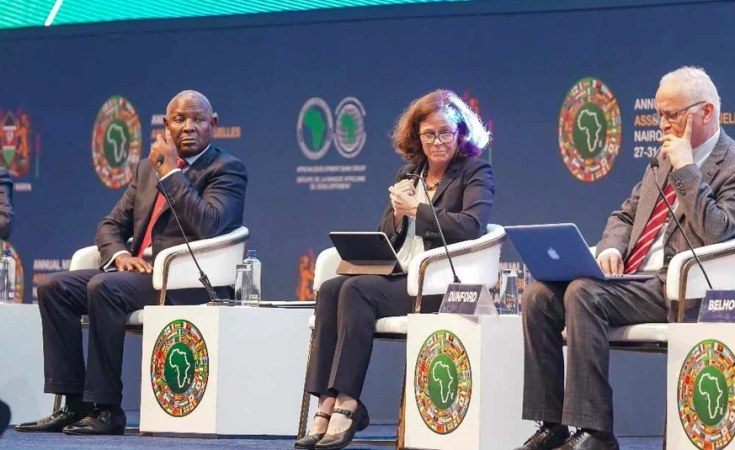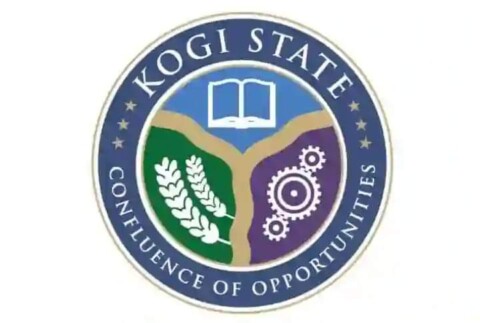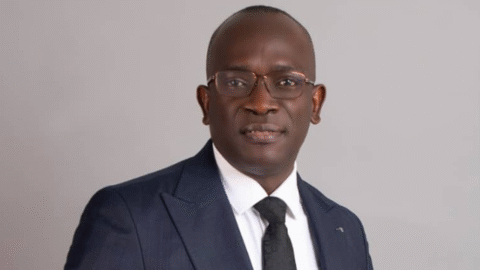Experts have called on African countries to attract more funding from private businesses to improve higher education. This call was made during a meeting in Nairobi, Kenya, at the 2024 African Development Bank (AfDB) Annual Meetings.
The event, organized by the AfDB along with the Kenyan government, the African Union Commission, and the German Development Agency (KfW), focused on “Innovative Financing for Tertiary Education in Africa.” The discussion looked at how to get more private businesses to invest in higher education.
Experts said it is important for governments to support these investments to ensure they are successful. Former Tanzanian President Jakaya Kikwete, who leads the Global Partnership for Education (GPE), stressed the need for strong education systems starting from primary and secondary schools. He said good early education provides a foundation for young people to continue learning and succeed.
Kikwete also emphasized increasing spending on education to make the most of Africa’s large youth population. He praised some African countries for increasing their education budgets but noted that recent financial challenges mean new ways to raise funds are needed. He also called for strong partnerships that focus on young learners.
Beth Dunford, AfDB’s Vice President for Agriculture, Human, and Social Development, highlighted the Bank’s commitment to education since 1975. She said the AfDB has invested heavily in improving science, technology, engineering, and math (STEM) education at higher levels. Over the past decade, the AfDB has committed $964 million to higher education and skills development, focusing on technical training and encouraging private sector investments.
Dunford mentioned specific projects like the $80 million investment in Nigeria’s Ekiti State economic zone and a $3 million investment in Rwanda’s Centre of Excellence for Aviation Skills. These projects aim to boost local economies and create jobs.
Prof. Mohamed Belhocine, African Union Commissioner for Education, Science, Technology, and Innovation, said more investment in higher education is needed at all levels. He pointed out that between 2017 and 2019, only seven African countries met the goal of spending seven percent of GDP on education, with most spending about four percent.
Dr. James Mwangi, CEO of Equity Holdings, shared how working with colleges has helped develop skilled workers across Africa. He noted that his company provided scholarships to about 23,000 students with the help of the Kenyan government.
A key moment at the event was the signing of an agreement with the German Corporation for International Cooperation (GIZ) to increase their commitment to skills development in Africa. The 2024 AfDB Annual Meetings attracted over 10,000 participants, with about 5,000 attending in person. Several heads of state are expected to join a discussion on Wednesday.





